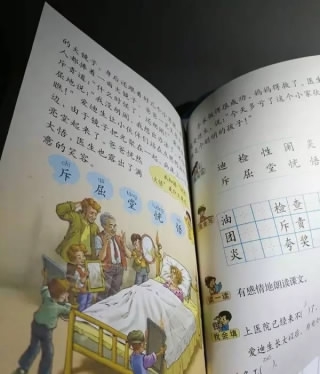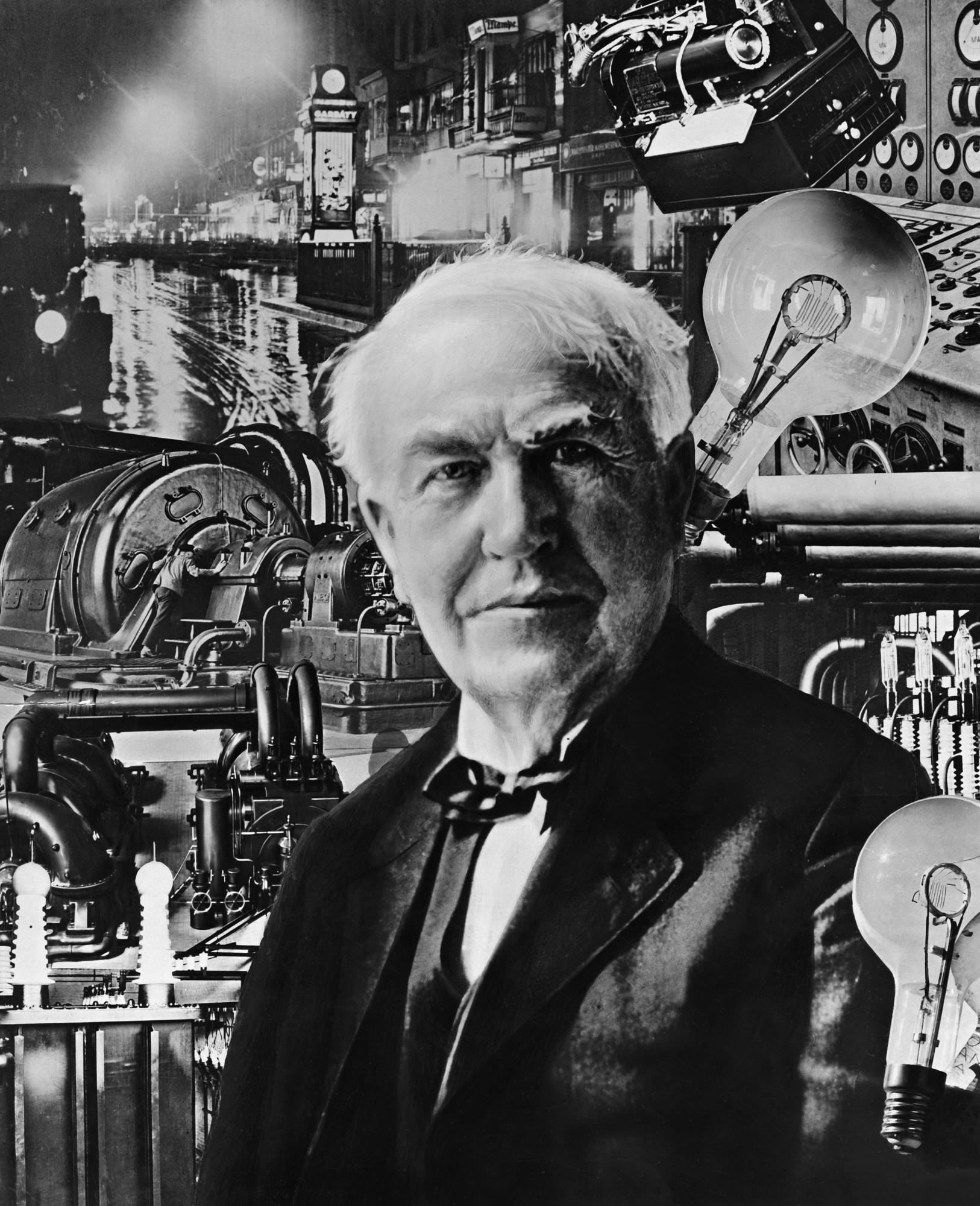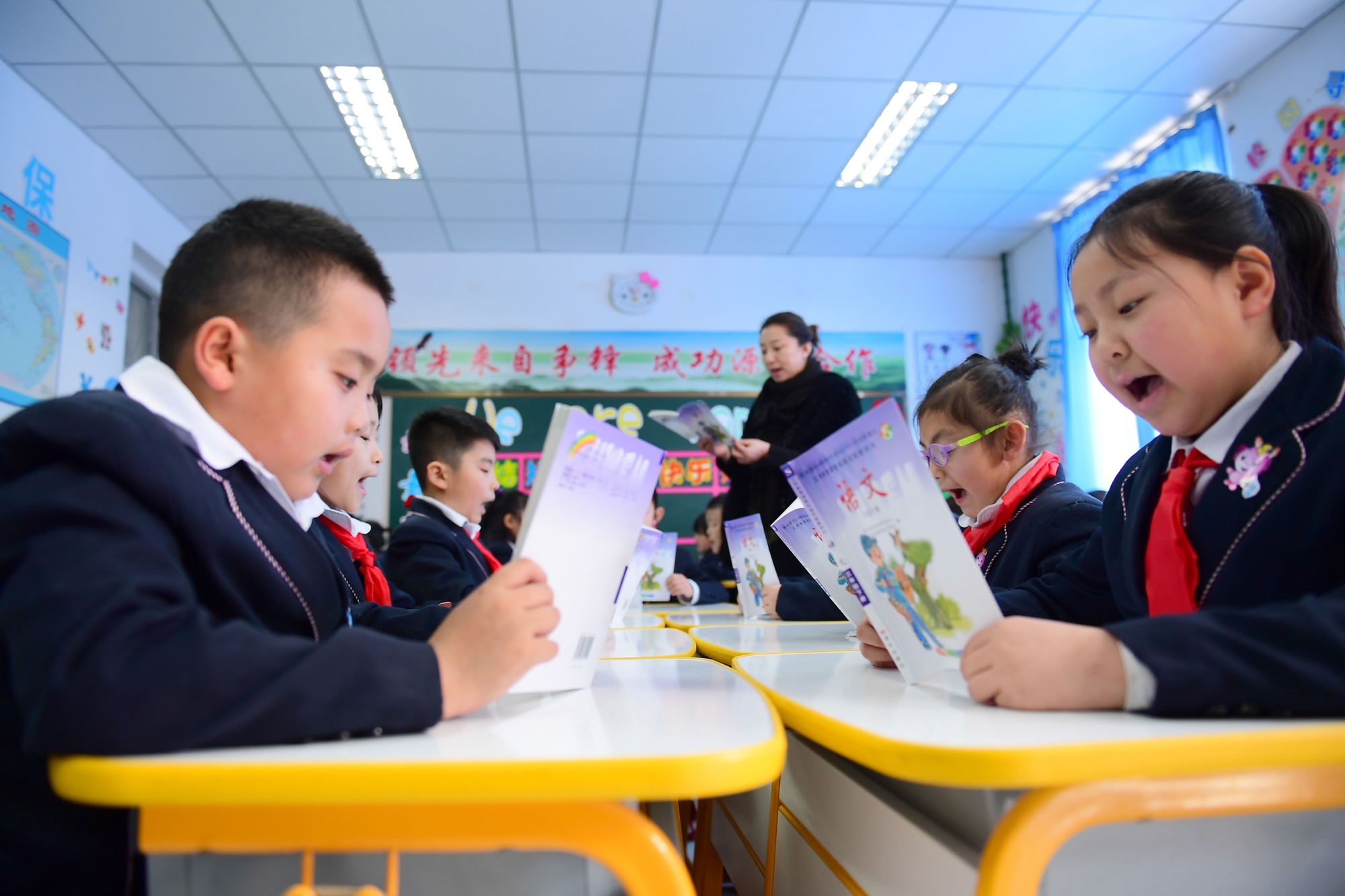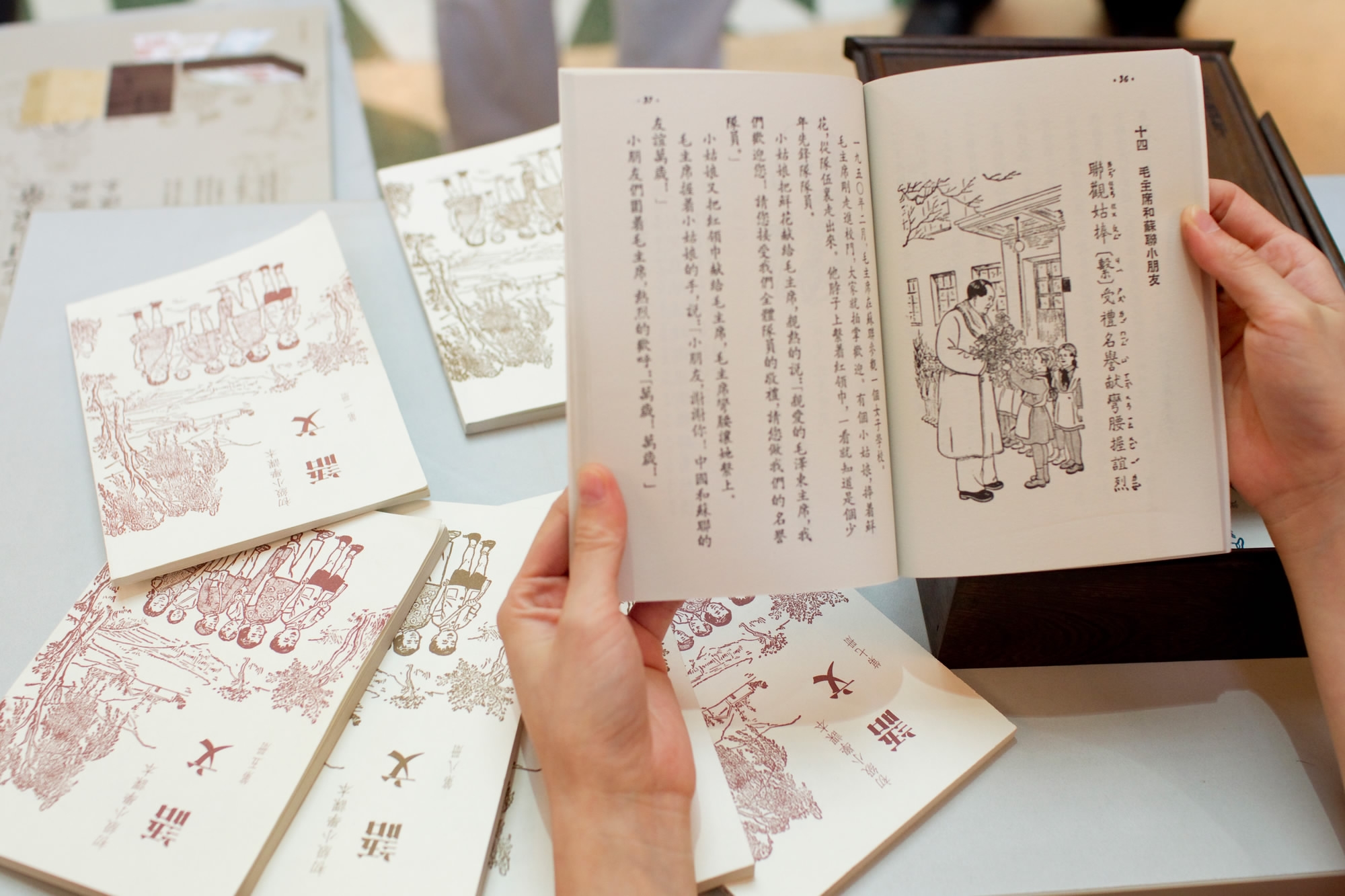A factually-challenged story in elementary school textbooks in China about the childhood of Thomas Edison, the father of modern light bulb, has ignited a spark of debate among netizens and specialists about accuracy in academic texts about historical figures despite being aimed for literary consumption.
The story alleges that the American inventor at the young age of 7 successfully used mirrors to reflect beams from kerosene lantern so that doctors could operate on his mother, who suffered from appendicitis, in a dimly lit house in 1854.

Photo from Internet
The story, which has managed to maintain its position in Chinese textbooks for decades, was dropped from the new edition as controversy swarmed around its authenticity for years now, according to the publisher People’s Education Press.
Netizens argue that the story was not recorded in Edison’s biographies, and doctors believe that the world’s first appendectomy was conducted in 1886 – over thirty years after the date claimed in the book.

Thomas Edison/CFP Photo
Their doubts that the text is but a made-up story have neither been concealed nor sugar-coated.
However, some academics contend that Internet users are missing the point.
Professor Wen Rumin, Director of Chinese Education Studies Center with Peking University, said that most errors pointed out by netizens are exaggerated, adding that the Edison story did not come from thin air.
“The plot was in an American Movie called Young Tom Edison in 1940, and in China’s English textbook Edison’s Boyhood in 1983. The Chinese version is edited based on these materials. Of course, they are not sufficient to prove that Edison did rescue his mom when he was young, but the short story is literature, which allows certain imagination and fiction,” Wen argued.

CFP Photo
Wen said textbooks could be criticized, but the issue should not be hyped up.
In recent years, more than 30 errors in elementary school Chinese textbooks have been pointed out, with people even suggesting taking the publisher to court for producing misleading content to children.
The general public’s obsessive interest about the validity of these text books, reflected by online discussions about changes in textbooks, pool of selected authors and fate of certain articles, shows not only enthusiasm for the Chinese curriculum, but also expectation of high quality textbooks.

CFP Photo
Instructor Lian Zhongguo with Beijing Education Scientific Research Network said the committee in charge of educational materials is making improvement.
“We cannot compile a perfect textbook. We will make corrections if anything is found wrong, but sometimes they are in history and relevant to other subjects. Whether we make changes or how to change them cannot be determined by a single post online, but after careful studies by experts.”
People’s Education Press promised to strictly select texts and take into consideration public opinion in the future. They also said that scientific stories will be sent to experts for fact checking before publishing.









